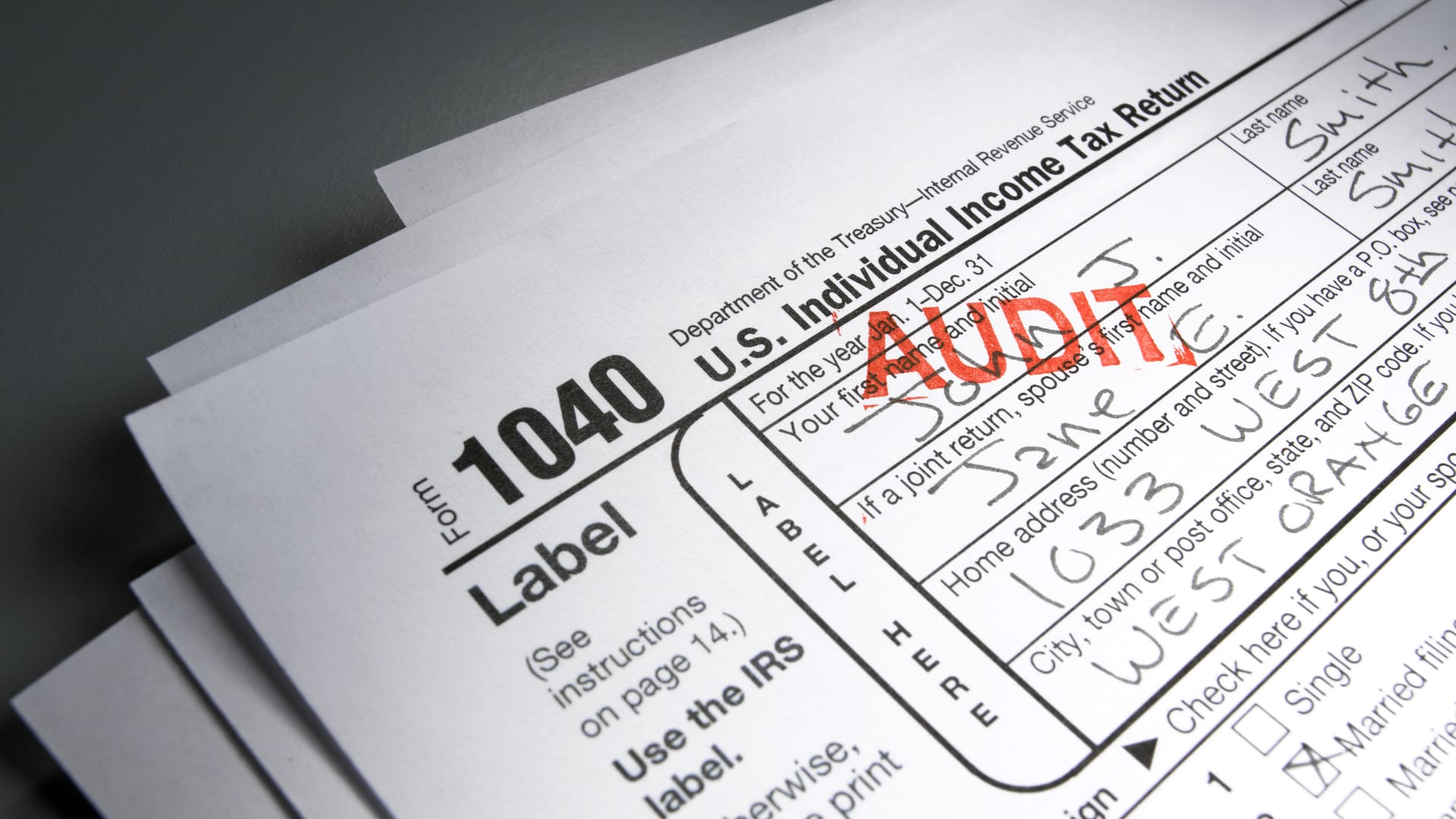Black Americans are roughly three to five times more likely to face an IRS audit than other taxpayers, according to a new study.
While there isn’t evidence of explicit discrimination from the IRS or its revenue agents, the findings show the disparity stems from a faulty software algorithm used by the agency to pick who gets audited.
Based on microdata on roughly 148 million tax returns and 780,000 audits, the study was conducted by economists at Stanford University, the University of Michigan, the U.S. Department of the Treasury and the University of Chicago.
“Equitable enforcement of our tax laws is a top priority for the administration, and resources provided by the Inflation Reduction Act will enable the IRS to upgrade technology and hire top talent to go after wealthy tax evaders,” a Treasury Department spokesperson told CNBC in an email.
Focus on ‘low dollar, high certainty cases’
The study’s co-author, Evelyn Smith, an economics graduate student at the University of Michigan and visiting fellow at Stanford University’s RegLab, said the audit rate differences seem to be driven by the agency’s focus on “low-dollar, high-certainty cases.”
Specifically, the study examines audits of filers claiming the earned income tax credit, a tax break for low to moderate earners. The credit is refundable, meaning eligible filers can receive it even with zero taxes due.
The findings show Black filers claiming the earned income tax credit were more likely to be audited than non-Black filers claiming the same credit.
“It’s a type of audit that the IRS does a lot,” she said. “It’s cheap, it’s easy to perform and Black taxpayers get caught up in that disproportionately relative to non-Black taxpayers.”
Focusing on these individual-level issues rather than the total dollar amount of underreporting seems to be driving these differences.Evelyn SmithStudy co-author
Smith said the IRS has focused on specific mistakes with claiming the earned income tax credit, such as missing dependents or misreporting income, which are required for eligibility.
“Focusing on these individual-level issues rather than the total dollar amount of underreporting seems to be driving these differences,” she said, noting a shift to self-employed earned income tax credit filers would help address the problem.
Cuts created ‘distorted prioritization of audits’
The study comes amid the ongoing debate over the nearly $80 billion in IRS funding, including enforcement, approved by Congress in August.
Chuck Marr, vice president for federal tax policy at the Center on Budget and Policy Priorities, said the findings were “very troubling” and it speaks to the agency’s need for staffing. “The enforcement division has been decimated by budget cuts in the last decade,” he said. “And one result of that has been this distorted prioritization of audits.”
The IRS is expected to deliver a plan for allocation of the funding to Treasury Secretary Janet Yellen in February.
